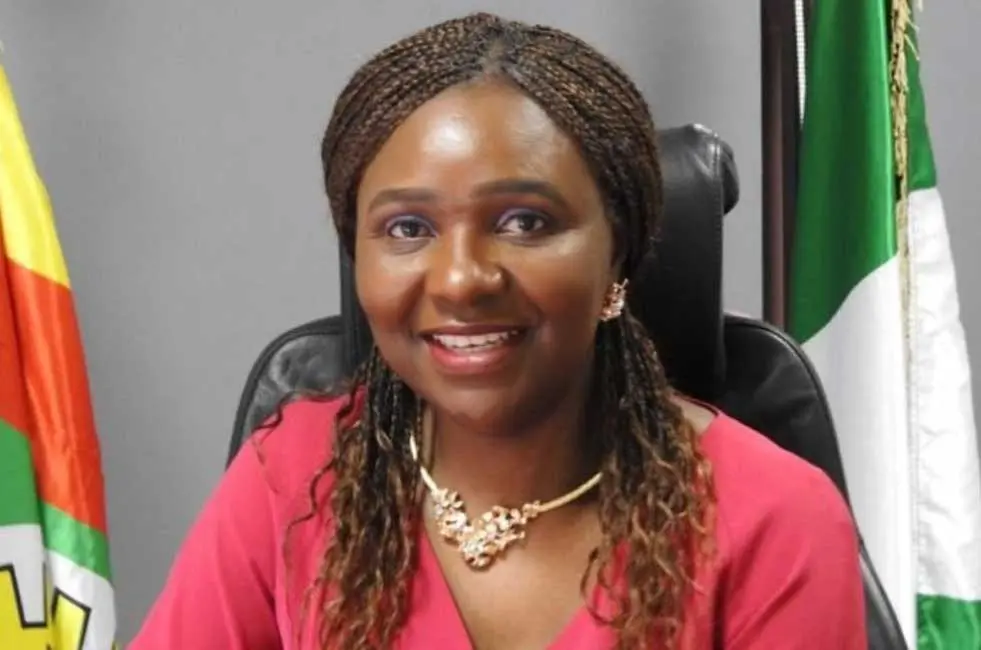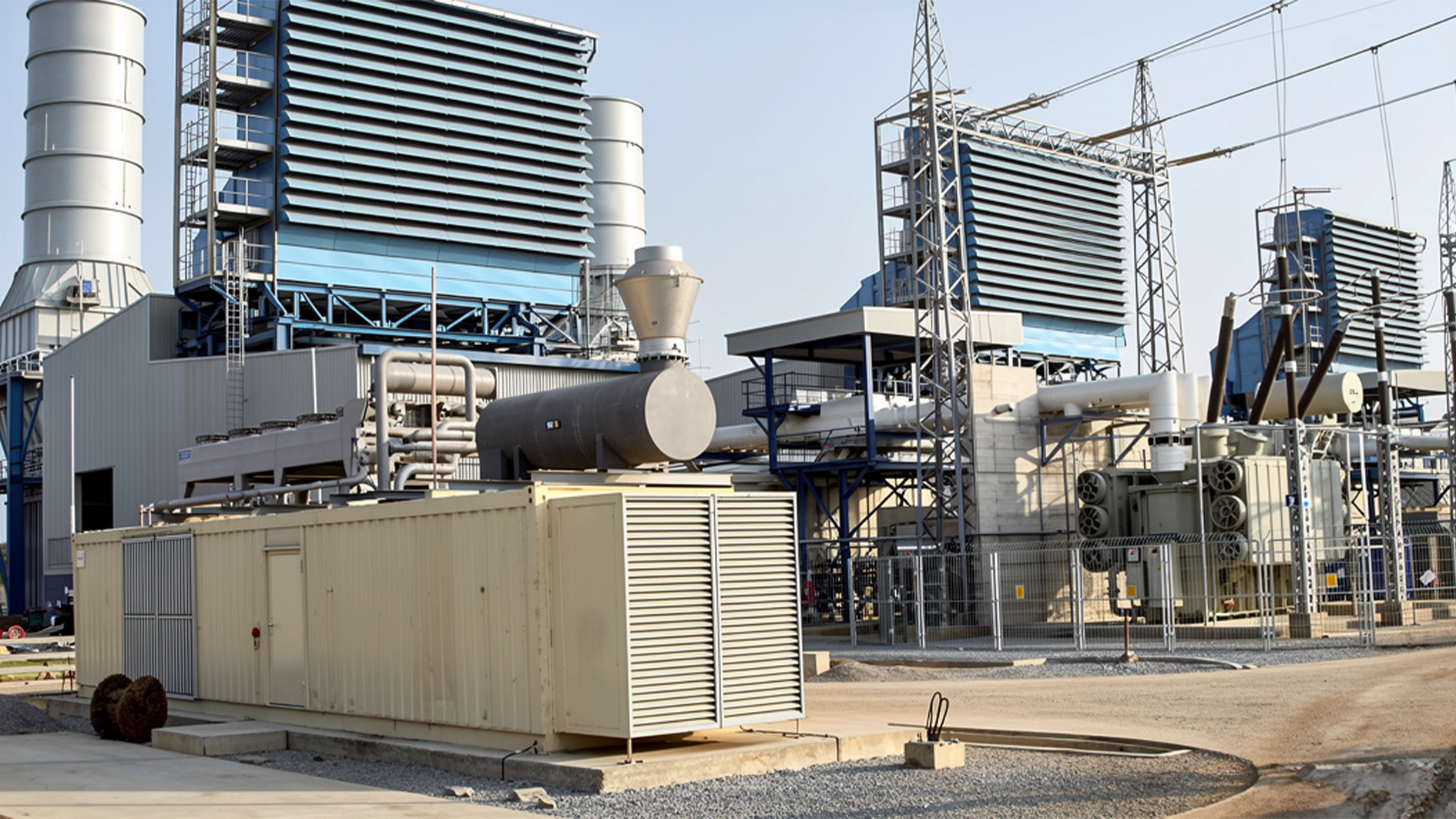
With a myriad of emerging challenges in the oil and gas sector, stakeholders are keen on the events that have so far followed the passage of the Petroleum Industry Act (PIA), especially in the upstream segment of the nation’s petroleum industry. From stemming oil theft to setting new regulations for upstream activities and the marginal bid oil licensing round, KINGSLEY JEREMIAH in this report, takes a look at the regulatory instruments in the upstream segment.
The upstream segment of the petroleum industry is possibly the first target in the push against continuous use of fossil fuels. By halting funding for oil and gas exploration and production, most clean energy activists believe that the short- and long-term reduction in the use of fossil fuels will be achieved.
In Nigeria, the issues are compounded by the growing list of challenges of which crude oil theft and vandalism now remain part of the critical reasons forcing investors to divest amidst drastic reduction in the country’s production output.
In August last year, Nigeria passed into law, the Petroleum Industry Act (PIA), creating the Nigerian Upstream Petroleum Regulatory Commission (NUPRC) to deal with the challenges confronting the sector.
Sadly, just before the law came into effect, the International Energy Agency (IEA) insisted that investment in new fossil fuel projects would need to stop immediately if the world is to limit global warming to 1.5 °C, a development which commentators had described as a stunning challenge by the historically pro-fossil fuel body.
The world’s leading energy body in a report, for the first time, unveiled its roadmap for reaching the critical target of tackling climate change by achieving net-zero greenhouse gas emissions by mid-century. Among the climate milestones laid out by the Paris-based IEA are the demand to achieve zero emissions from electricity generation in rich countries by 2035, and the rest of the world by 2050.
Despite the campaign against fossil fuels, prevailing global challenges indicate that hydrocarbons may remain useful for decades and that should be good news for a country like Nigeria, whose economy heavily relies on oil and gas.
For the industry to thrive, the PIA envisaged a win-win situation for operators, government and host communities. For that to happen, dealing with issues of theft, kidnapping of oil workers, oil spill, gas flaring, pipeline infrastructure amidst other issues are cogent.
In an attempt to implement the PIA, the NUPRC in April, started the process that will give birth to six new regulations that will set modalities for oil and gas royalty, award of oil blocks, fees and rentals amidst divestment by International Oil Companies (IOCs). The new regulations are Nigerian Upstream Fee and Rent Regulations, Petroleum Licensing Round Regulations, Domestic Gas Delivery Obligations Regulations, Nigeria Conversion Regulations, Nigeria Royalty Regulations and Nigeria Host Community (Commission) Regulations.
While Nigeria passed the long-awaited PIA last year, the success or failure of the law is largely dependent on the regulations, which are expected to serve as the vehicles for driving the provisions of the law. Coming at a time when Nigeria risked its oil and gas being stranded due to campaigners against fossil fuel, the Minister of State for Petroleum Resources, Timipre Sylva, saw the move by NUPRC as an innovative way to ensure exploitation and exploration of fossil fuel in the country.
He admitted that only effective regulations could help the country harness the gains of the PIA. “If we must continue to be relevant at the global stage, we must in designing regulations put in focus how we can balance the energy base load for Nigeria so that we will not be left behind in the energy transition train, while still harnessing our rich natural hydrocarbon reserves.
“The assent to the PIA by Mr President signalled a new era in the oil and gas sector of the economy after almost two decades of unsuccessful efforts to have the law passed in the country. The enactment of the PIA is expected to open up opportunities in the oil and gas sector of the economy,” he said.
Chief Executive Officer of NUPRC, Gbenga Komolafe, noted the feared impact of energy transition, saying it remained critical for Nigeria to take advantage of the oil and gas supply gap resulting from the current developments in Russia and Ukraine.
Komolafe said: “This is deliberately so, because we are conscious of prioritising regulations to meet the timelines in the PIA. As such, this first phase of the stakeholders’ engagement will capture robust discussions around issues dealing with royalty, licensing rounds, fees and rentals, burning issues on implementation of host community funds in line with Section 235 of the PIA.”
According to him, there are burning issues on implementation of host community funds in line with Section 235 of the PIA as well as finalising the 2020 bid round through issuance of Petroleum Prospecting Licence (PPL) in line with Section 94 (2) of the PIA.
With the PIA, Nigeria is looking for ways to introduce incentives to grow crude oil and gas reserves as well as daily production. It is therefore critical that the regulations are not only unveiled on time but robust to create critical and incentives for investors.
Going by reports by the NUPRC, the country’s crude oil reserves has moved up by 0.37 per cent to 37.046 billion barrels. Analysis of figures from 2021 yearly report on reserves provided by 61 oil and gas companies, showed that as at January this year, Nigeria’s crude oil reserves improved by 0.37 per cent from the 36.910 billion barrels of January 2021, while national gas reserves moved to 208.62 trillion cubic feet (TCF) as at last January.
There were attempts to increase the country’s crude reserves, which stood at 38 billion barrels. But it has been declining steadily in the past five years due to a combination of factors.Previously, the Federal Government had said it would increase the reserves to 40 billion barrels, but failed. The country later targeted 2023 and lately targeted 2025 to increase oil reserves to 40 billion barrels and crude oil production to three million barrels per day.
The attempt by the commission on the identification of oil and gas wells producing below capacity while finding a holistic approach towards increasing crude oil and gas reserves from 37 billion barrels and 208.62 TCF needed to be sustained to avert the decline in the reserves and daily production.
“Advanced cargo declaration has been approved in upstream petroleum operations to curtail export of stolen crude by ensuring that crude oil and gas cargoes exported from Nigeria would have a unique identity that confirms all documentation as regards the exported consignment, ” he added.
“This implies that any cargo that does not have the unique identifier was not legitimately exported from the country.
“In line with its statutory duties as regulator, the commission obtained necessary approvals to ensure installation of metering equipment (Lease Automatic Custody Transfer Units) in the upstream petroleum industry using Original Equipment Manufacturers (OEMs) to avert potential manipulation of figures that could result in short changing the oil and gas federation revenue,” Komolafe said.
Just recently, the Federal Government disclosed that over N200 billion and another $7 million revenue as the NUPRC concluded the 2020 marginal bid round offering over 100 Nigerian companies 49 PPL. In June 2020, the Federal Government had put up 57 fields in a bidding process.
While regulation on host communities was equally launched at the event, the move for most stakeholders must translate to improvement in crude oil reserves and production, and a way to foster peace in the Niger Delta region.
Former President of Petroleum Technology Association of Nigeria (PETAN), Bank Anthony Okoroafor, said awardees would struggle if the government does not solve the challenges of crude theft, vandalism, insecurity to life and property and harsh business environment.
He said: “It should be a national emergency, given the contribution of oil to our economy. If we want this country to survive, if we want to be able to provide services, medicals, education and other things for the populace, solving the challenges of theft and vandalism of pipelines must be prioritised.”
Lamenting the dwindling crude oil production in the country, Okoroafor insisted it is not the role of oil companies to solve the issue. He said the current bid round remains the most transparent, adding that some of the issues that affected previous marginal fields licenses were addressed, including forceful joining of companies.
Recall that in the first four months of this year, data from the Nigerian National Petroleum Company Limited showed that the country was losing about 250,000 barrels of crude oil per day to theft. This did not only bring the total loss to about $1.5 billion; it also became the biggest threat to national development and the environment.
While awaiting results from the measures that have been deployed, stakeholders are calling for a holistic approach that would bring all hands on deck to jointly tackle the oil theft and pipeline vandalism. It is believed that apart from the host communities that are directly affected by the environmental degradation, every citizen suffers the loss of national revenue when the government does not have enough to provide social amenities and infrastructure to improve the quality of life in the country.
At a stakeholder engagement hosted by NUPRC to deal with the theft issue, the Managing Director of WalterSmith, Chikezie Nwosu had noted thumb printing of crude oil could be a great option as pipelines could also be buried far beyond the surface level to make it very difficult to find their ways even as communities must urgently be separated from the theft to deescalate the situation.
He emphasised the need for metering accuracy, engaging the communities, and application of pipeline technology as well as technology for the crude. Nwosu noted that advance cargo declaration could also be a feasible option as well as fingerprinting of the crude so that the country could combine the solutions together and determine who is stealing the crude.
“With advance cargo declaration, it means that anybody internationally that takes on crude oil that is not signed off as legally produced but exporting crude oil in Nigeria is a criminal, and the company can be held liable. There are myriads of solutions that can be done. People talk about burying pipelines and rerouting the pipelines, let’s see what actually works. We need to take action,” Nwosu said.
With the PIA still being implemented, there is a constant need to continue to strengthen the regulatory framework in the upstream sector, especially at a time when the realities of the global oil market create an elusive outlook and a disturbing situation for the economy of Nigeria.






